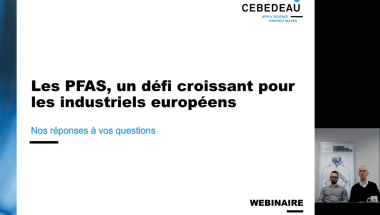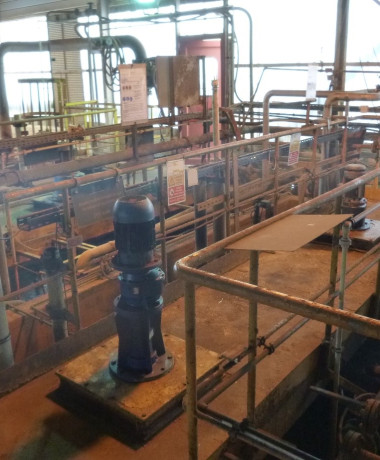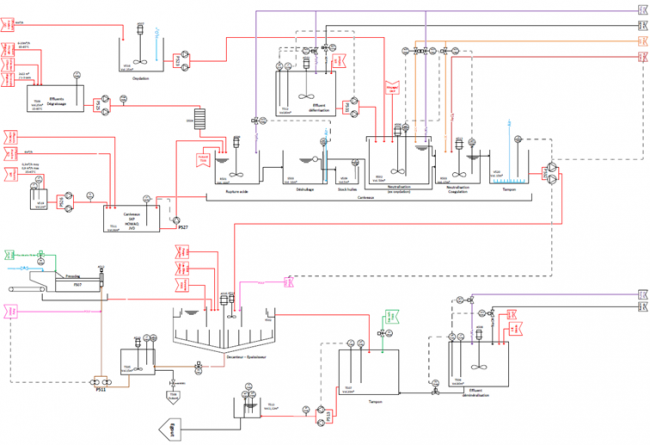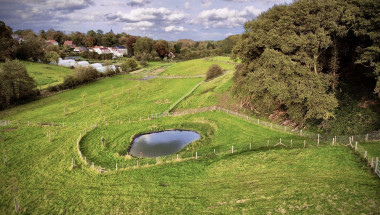PFAS : Q&A
Read the article PFAS : Q&AWant to save several hours interpreting legislative changes related to PFAS? Just take a few minutes to listen to us talk about it...


Many industrial sites were designed and built at a time when environmental standards were less stringent than they are today. As a result, processes and structures were not always designed to facilitate and optimise the management of wastewater flows.
At the time of the periodic renewal of its environmental permit, the operator faced more stringent standards. These new standards required the upgrading of the wastewater treatment systems at its various sites.
In order to propose the best technical and economic solutions, an in-depth audit of each wastewater treatment system was required to identify the technical and procedural levers for action.
This mission, which took approximately 3 months per site, consisted of
- Update all the old P&IDs and flowsheets;
- Complete characterisation of all the flows to be treated (sampling, measurements and laboratory tests);
- Diagnosis of each treatment process (technical and operational performance);
- Determination of the optimum conditions for achieving the objectives through laboratory and field tests;
- Study of Best Available Techniques for the sector;
At the end of the mission, the partner received an audit report with objective and pragmatic recommendations. The recommendations essentially consisted of modifying the operating conditions of the treatments (reagents, injection points, pH, oxidation-reduction potential), the procedures for managing the installations (maintenance and monitoring) as well as some adjustments where there were no alternatives (metrology, buffer tank or additional reactor).

Want to save several hours interpreting legislative changes related to PFAS? Just take a few minutes to listen to us talk about it...

How can agriculture and land-use planning become allies in the face of hydrogeological events?
